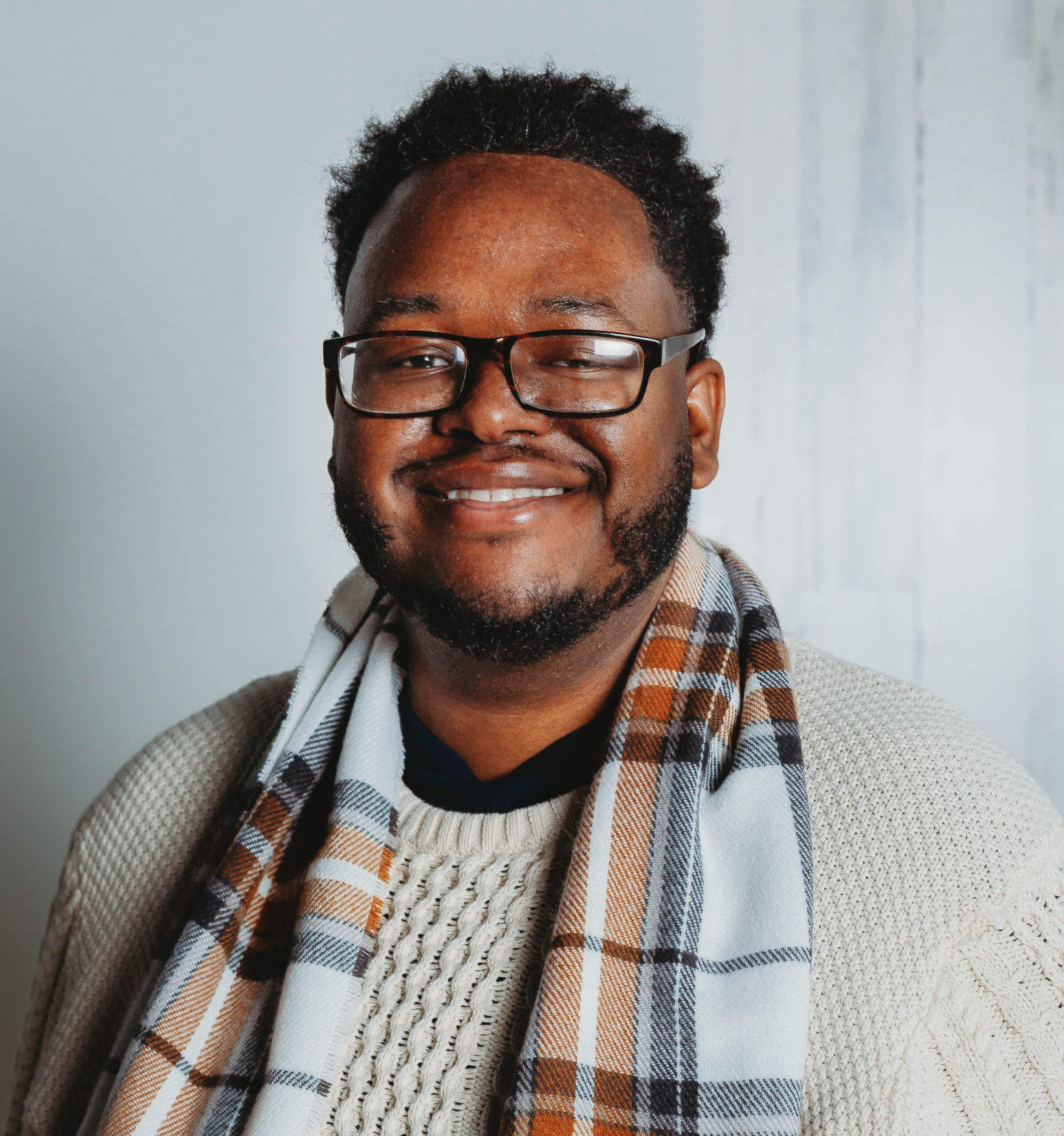
Since graduating Winona State in 2013, Jerad Green has led the charge in advancing Diversity, Equity, and Inclusion (DEI) in the workplace. As the DEI Program Manager at Fairview Health Service, Green creates innovative and equitable solutions to foster inclusion and meet the needs of a diverse workforce.
Pioneering initiatives in DEI, Green founded Quixotic Solutions LLC to help organizations develop and implement DEI goals that enhance workplace culture and business outcomes.
As part of our Informed and Inspired Series, Jerad Green shares what Black History Month means to him as he continues to drive progress in diversity, equity, and inclusion.
What does Black History Month mean to you?
One of the reasons for the creation of Black History Month was to offer a space to share news of Black progress since emancipation across the country.
While obstacles continue to plague our community, Black History Month permitted us to celebrate our successes. This realization was pivotal in creating alternative narratives of Blackness rooted in excellence, creativity, and hope.
It is a reminder that, despite the obstacles we face, we have an innate ability to remain aspirational and hopeful in the face of adversity.
As someone who does diversity, equity, and inclusion work for a living, the efficacy of my work is constantly being called into question – similarly to what we’ve been experiencing over the last couple of years; however, the unwavering hopefulness helps me stay motivated toward building a better society where everyone thrives.
How do you contribute to the legacy of Black excellence?
For me, the legacy of Black excellence is based on our ability to create space for community, connection, innovation, and change.
Currently, I serve as a member of WSU’s Alumni Advisory Board, and one goal I have is to partner with the university to (re)engage alumni from minoritized backgrounds. Numerous leaders have contributed tremendously to the WSU community but haven’t engaged with the university since graduation. I feel that I can play a role in creating a stronger connection with these groups.
Outside of the community, I hope to help communities of color advocate for their health through awareness, prevention, and healing.
As someone with a chronic health disease, community was an important part of my healing journey – not just physically but emotionally as well. It’s essential that people feel hope and connections versus despair and isolation.
Advice to encourage learning, reflection, and action during Black History Month?
Learning about the experiences of Black people shouldn’t be a self-improvement project, rather you should view it as an opportunity to think about your role in creating a more just and equitable society for Black people.
I believe a rising tide lifts all boats, and the strategies we use to improve the experiences of Black people can help us to improve the quality of life for everyone. We should seek to understand and center Black voices in our work and reflect on our shortcomings and mistakes.
Minnesota has some of the worst disparities in the country for education, healthcare, housing, and employment between white and Black people. I would urge folks reading this to learn more about it. What’s the root cause of these inequities? Why do they persist? How do we change them? What organizations in our communities are actively working to address them? What role can WSU play in ensuring (1) Black students are supported during their time at the university and (2) non-Black students are prepared to interact with and support Black people they encounter in their future environments?